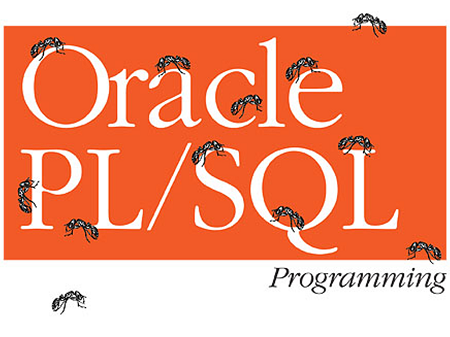Lexical Units: Lexical units include letters, numerals, special characters, tabs, spaces, returns and symbol that building a PL/SQL block. Lexical unit can classified as following…
- Identifier
- Delimiters
- Literals
- Comments
Identifier: Identifier are the names given to PL/SQL objects.
Quoted Identifier: Quoted identifier makes identifier case sensitive, include character such as space and use reserved words. example-
“begin date” DATE;
“end adte” DATE;
Delimiters: Delimiters are symbols that have special meaning. I know you have already learned about that the semicolon (;) is used to terminate a SQL & PL/SQL statement. Therefore, (;) is the best example of a delimiters. A list of delimiters are following-
| Symbol | Meaning |
|---|---|
| + | Addition Operator |
| – | Subtraction/Negation Operator |
| * | Multipluication Operator |
| / | Division Operator |
| = | Equalty Operator |
| @ | Remote access indicator |
| ; | Statement Terminator |
| <> | Inequality Operator |
| != | Inequality Operator |
| || | Concatention Operator |
| — | Single line Comment ondicator |
| /* | Beginning Comments Indicator |
| */ | Ending Comment Indicator |
| := | Assignment Operator |
Literals: Any value that is assigned to a variable is a literal. Any character, numeral, boolean or date value that is not an identifier is a literal. Literal can classified as …
1. Character Literal : Such as – Asgor, 124c, 11-jan-2014
2. Numeric Literal : Such as – 51478, 45.457
3. Boolean Literal : TRUE, FALSE and NULL is boolean literals.
Comments: It is good programming practice to explain what a piece of a code is trying to achieve. When you include the explanation in a PL/SQL block, the compiler cannot interpret these instruction. Comments are given by the …
– Two hyphen (–) are used to single line comment.
– The beginning and ending comments delimiters (/* and */) are used to comments multiple lines.
continue….

